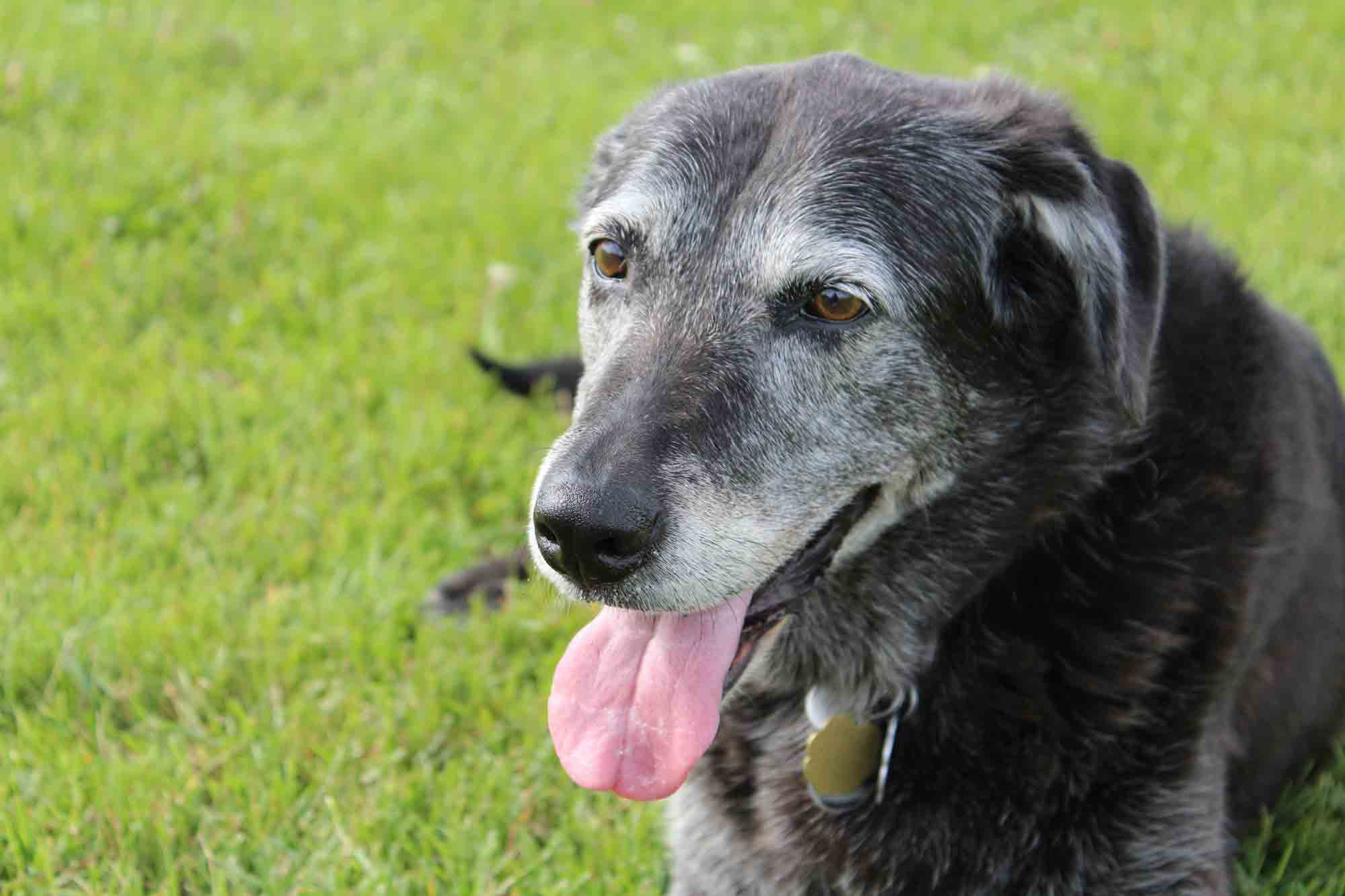 In a sad twist of fate, our beloved pets age significantly faster than we do. While we wish we could live together forever, the reality is usually the opposite. The good news is that we can work together to keep aging animals in good health so they can live as long as possible. The way to tackle this isn’t always free of complications, but we’re here to support your efforts toward complete and compassionate senior pet care.
In a sad twist of fate, our beloved pets age significantly faster than we do. While we wish we could live together forever, the reality is usually the opposite. The good news is that we can work together to keep aging animals in good health so they can live as long as possible. The way to tackle this isn’t always free of complications, but we’re here to support your efforts toward complete and compassionate senior pet care.
A Multi-Pronged Approach
Depending on your pet’s species, breed, lifestyle, and genetics, it’s a good idea to increase routine wellness exams. From age 1 to 6, we recommend yearly visits, but after the age of 6 or 7, seeing your pet two to three times a year has mighty benefits.
Early Detection
Aside from maintaining a healthy weight through proper nutrition and daily exercise, senior pet care exams enable us to detect any developing disease or age-related condition before it’s too late. Blood work, urinalysis, parasite screening, and dental cleanings are all part of a proactive approach to senior pet care.
Various diagnostics create an opportunity to treat problems early on and effectively, increasing the chances of a positive and lasting prognosis. In addition, decreasing your pet’s possible pain and suffering is always an important endeavor.
Cutting Edge
It’s not uncommon to surprise pet owners with a diagnosis. Sometimes symptoms are subtle enough to escape notice, but pets are also adept at masking pain and suffering. Keeping a journal at home is a great idea for pets of all ages, but when addressing the needs of senior pet care, it’s especially worthwhile. Together, we can discuss any observations pertaining to your pet’s behavioral needs or changes.
Senior Pet Care
Common problems affecting senior pets include:
- Cancer
- Arthritis
- Heart, liver, or kidney disease
- Dental disease
- Diabetes
- Vision or hearing loss
- Lumps and bumps
- Hip dysplasia
- Cushing’s disease
Watching your pet age can be difficult. To get a handle on senior pet care, it’s important to know the following indicators of medical problems:
- Frequent vomiting or diarrhea
- Bloody stool
- Changes in weight
- Increased drinking/urination
- Decreased appetite
- Respiratory issues
- Foul smelling breath
- Drooling
- Mobility issues
- Brittle coat
Forging Ahead Together
Making small changes throughout your house can greatly affect senior pet care. Adding ramps, small sets of stairs, and heat-generating bedding can comfort aging pets. When it’s easier for your senior pet to freely move around, they’re more content.
Please let us know if you have any questions or concerns about senior pet care. We’re your partners in your pet’s overall health and happiness and offer compassionate hospice care for elderly pets.

